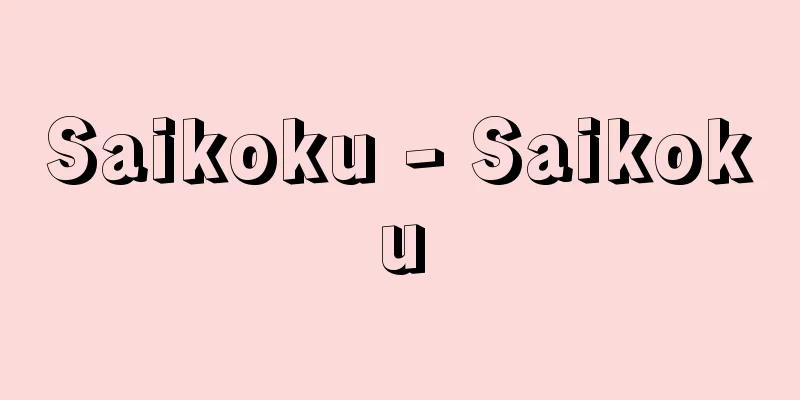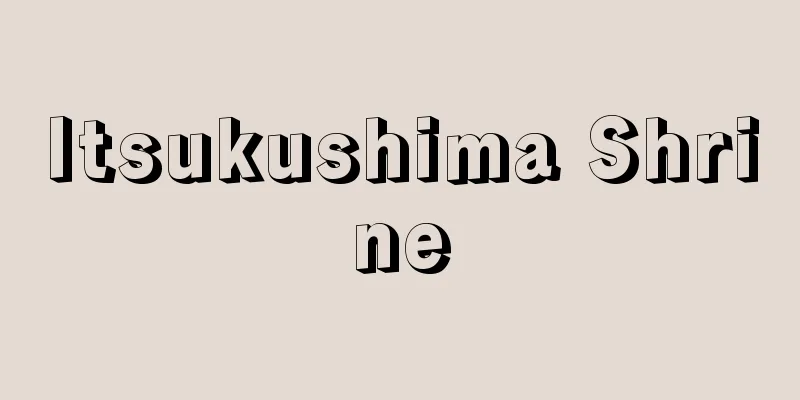Eastern medicine - Touyouigaku (English spelling) Eastern medicine
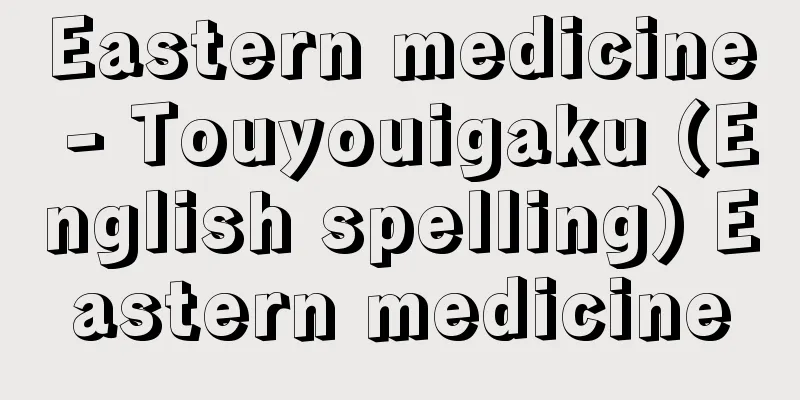
|
In a broad sense, it is a medical system that originated and developed in the East, including Chinese, Indian (Ayurveda), and Arabic (Unani). However, it generally refers to traditional Chinese medicine, as opposed to Western medicine, which is the mainstream of modern medicine systematized in Europe and America. In the narrow sense, Oriental medicine is a medical system that regards qi and blood as the two major physiological factors of the human body and is built on the Chinese natural philosophy of yin-yang and the five elements as its theoretical foundation. It contrasts a specific treatment method, called "ho," with a "symptom," which is a combination of the patient's subjective and objective findings. Treatment methods include drug therapy, dietary therapy, and physical therapy such as acupuncture, moxibustion, massage, and shiatsu. In Japan, Oriental medicine was the mainstream of medicine for a long time after it was introduced from the continent around the 5th and 6th centuries, but in the 19th century it gradually came under pressure from Western medicine, and in the Meiji era the government adopted German medicine, which caused the collapse of the traditional Chinese medicine system, and Oriental medicine was barely kept alive by a few private doctors. Recently, however, there has been a movement to reevaluate the significance of Oriental medicine as a therapeutic medicine, and as acupuncture anesthesia has attracted international attention, it has begun to attract general attention. Source: Encyclopaedia Britannica Concise Encyclopedia About Encyclopaedia Britannica Concise Encyclopedia Information |
|
広義には東洋で発祥し,発達した医療体系のことで,中国系,インド系 (アーユル・ベーダ) ,アラブ系 (ユナニ) などが含まれる。しかし,一般的には中国系伝統医学をさし,ヨーロッパ,アメリカで体系化された現代医学の主流を西洋医学というのに対して用いる。狭義の東洋医学は気と血とを人体の二大生理因子とし,中国の自然哲学である陰陽五行説を理論的支柱として組立てられた医療体系であり,患者の自他覚所見を総合した「証」に,特定の治療手段である「方」を対置させている。治療法には薬物療法,食餌療法のほかに鍼,灸,あん摩,指圧などの物理療法がある。日本でも,5~6世紀頃に大陸から導入されて以来,長く医療の主流となっていたが,19世紀に入ると次第に西洋医学に圧迫されるようになり,明治時代には政府がドイツ医学を採用したため,在来の漢方医制度は崩壊し,東洋医学は一部の民間医師によりかろうじて命脈を保つという状態になった。しかし,近時,治療医学としての東洋医学の意義が再評価される機運にあり,加えて鍼麻酔が国際的関心を呼ぶに及んで,一般の注目を集めるにいたった。
出典 ブリタニカ国際大百科事典 小項目事典ブリタニカ国際大百科事典 小項目事典について 情報 |
<<: Orientalism; Oriental Studies
>>: Nursery Rhymes - Nursery Rhymes
Recommend
Industrial area
An area where industries are concentrated in a cer...
Uspenskaya Cathedral
...Some of the murals in the former church contai...
Return to the road (English spelling)
A secret religious society in China. It is said to...
Bondol, J.
…A set of seven tapestries on the theme of the Ap...
Celtis
...A large deciduous tree of the elm family found...
Gyokushinka - Gyokushinka
An evergreen shrub of the Rubiaceae family that gr...
monomer
Also called a monomer. In contrast to polymers. Fo...
Float rope - Abana
…The shapes are various, such as spherical, cylin...
Holguín (English spelling)
A city in eastern Cuba. It is located on a gently ...
Yong Yang Dai - You, Youtai
Year of birth: Year of birth and death unknown. A ...
Derevyanko, KN (English spelling) DerevyankoKN
...In Khabarovsk, the heads of the Kwantung Army ...
Iwanai [town] - Iwanai
A town in Iwanai County, Hokkaido. It is located a...
Valentia
…Agricultural and industrial products are exporte...
Hepatic encephalopathy
…If the tendency to bleed increases, it can ruptu...
Mezzanine floor - Middle floor
〘Noun〙① A floor that is lower than an ordinary sec...
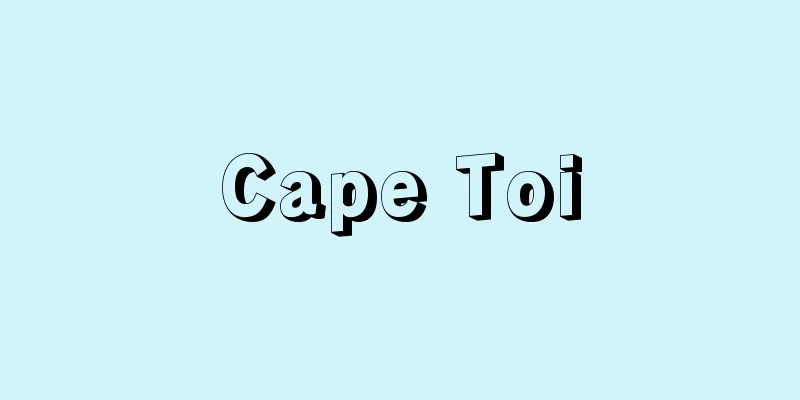
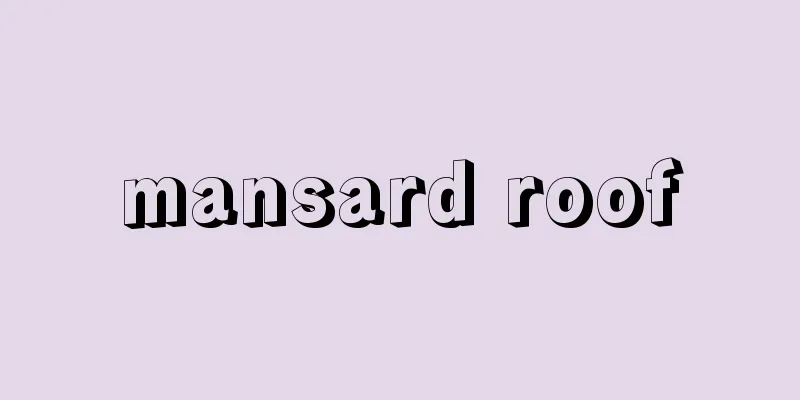
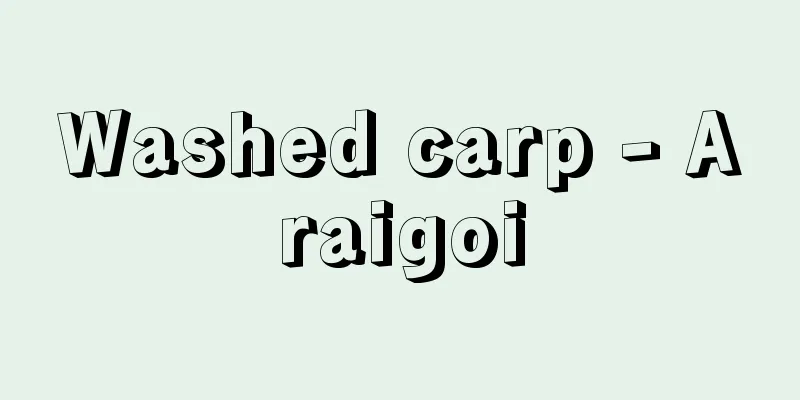
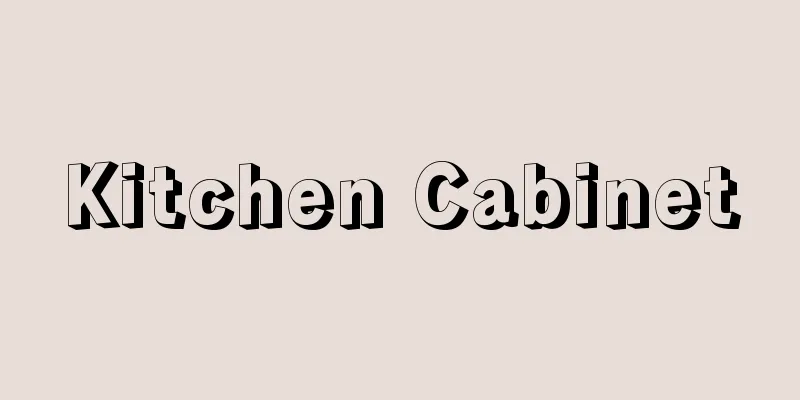
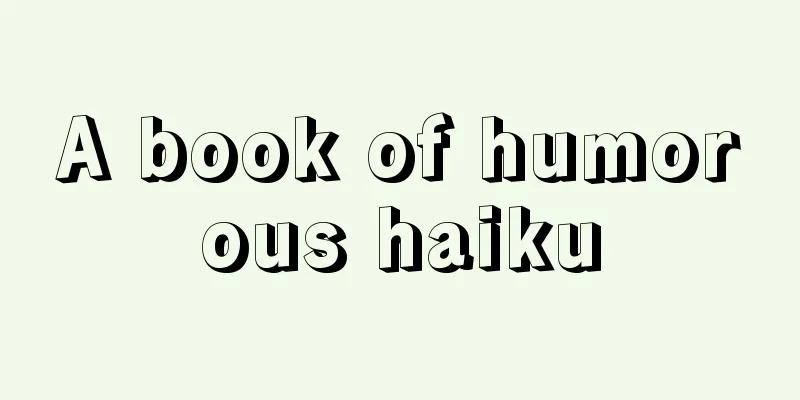
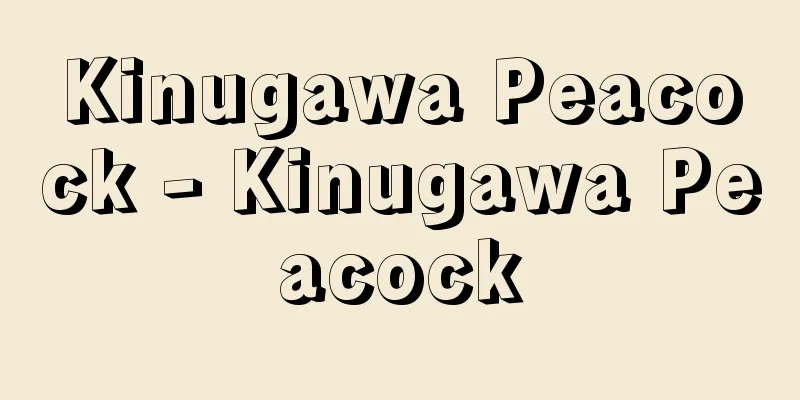
![Camphor [town] - Camphor](/upload/images/67cb687739d12.webp)

